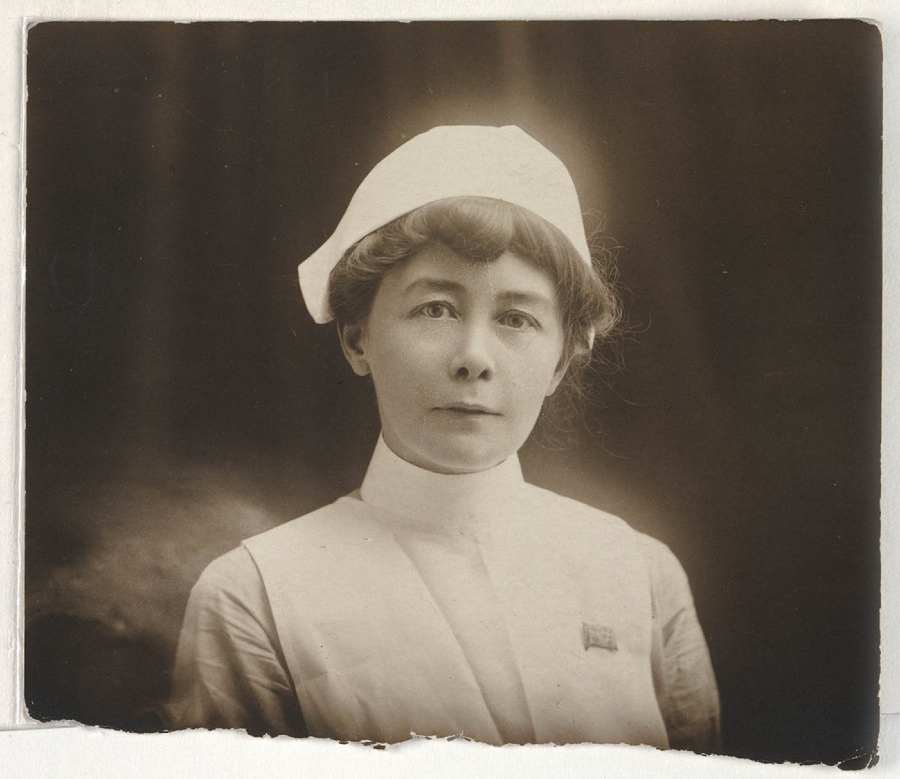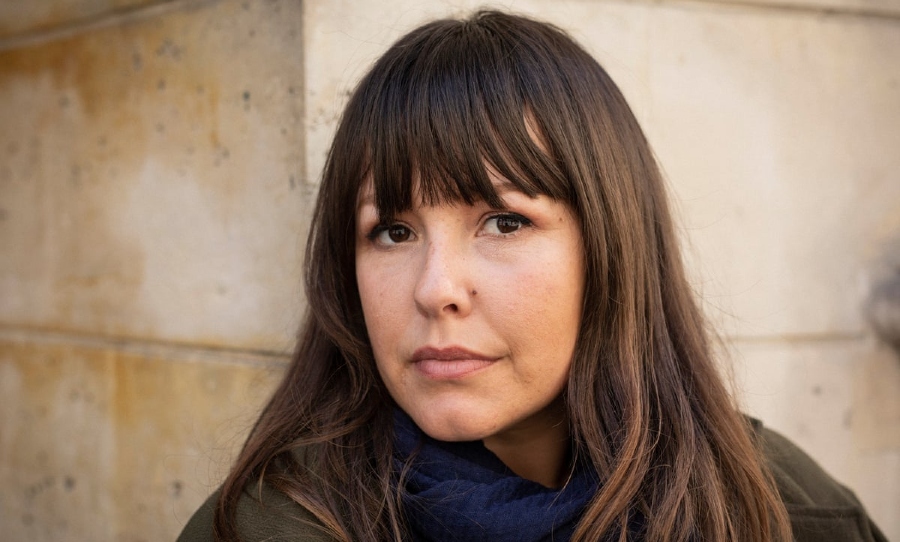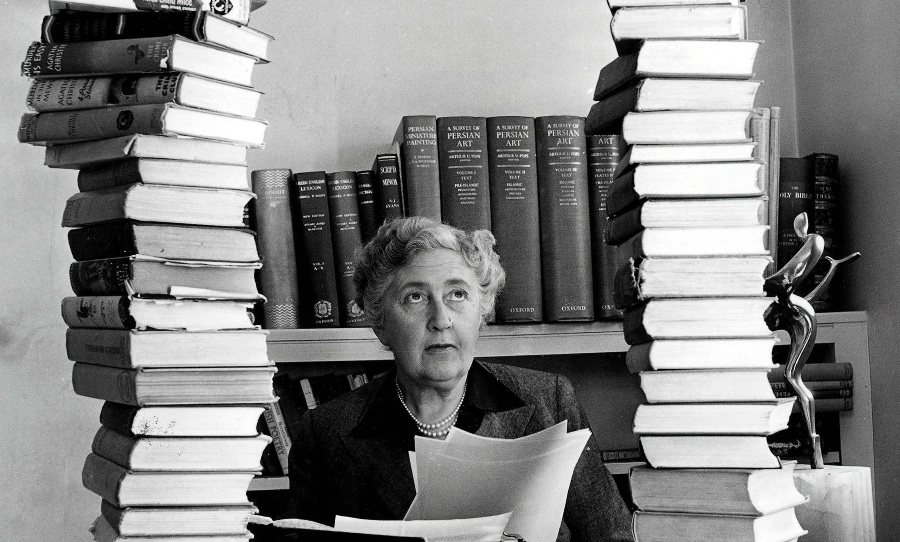The Miles Franklin Award is the peak of prestige in Australian fiction. Let’s look at how it continues to evolve, just as readers do.
The Miles Franklin Literary Award has established some of Australia’s most brilliant writers. It is named for Stella Maria Sarah Miles Franklin (better known simply as Miles Franklin), an Australian feminist writer whose best-known work, a coming-of-age story titled My Brilliant Career, was published in 1901.
Miles Franklin was also a philanthropist of the arts, who actively supported local literary journals and Australian writers’ organizations, as well as collaborating with fellow Australian writers like Alice Henry and Dymphna Cusack.

Committed to a vision of a uniquely Australian literary voice, Miles Franklin’s legacy has lived on through the bequest of her estate to establish an annual prize: The Miles Franklin Literary Award. Awarded for “a novel which is of the highest literary merit and presents Australian life in any of its phases,” it is one of Australia’s richest literary prizes, valued at $60,000.
Today is the birthday of Stella Miles Franklin, one of Australia’s greatest authors, best known for her novel, ‘My Brilliant Career’. Miles’ name lives on in The Miles Franklin Award which she established in her will and The Stella Award for Australian women writers. pic.twitter.com/ON6jBmYgr9
— Jessie Street National Women’s Library (@WomensLibraryAu) October 14, 2019
History
The inaugural winner of the Miles Franklin Award was Patrick White, for Voss, in 1957. Other winners have included: Thea Astley, Tim Winton, Kim Scott, Michelle de Kretser, and Tara June Winch. Many authors have gone on to win the award multiple times (Thea Astley and Tim Winton are currently tied for the top spot, with four wins), while some have taken years of shortlisted nominations to win their first (e.g. Tasmanian author Amanda Lohrey who won the 2021 prize for her seventh novel, the Labriynth, after being nominated five times).
🏆 📚 Wiradjuri author Tara June Winch has won the Miles Franklin Literary Award and $60,000 prize money for her second novel The Yield.
She’s the fourth Indigenous Australian to win the country’s most prestigious writing prize. https://t.co/66HRVkdLcV
)— ABC Indigenous (@ABCIndigenous) July 16, 2020
A unique platform
As an Australian award made specifically for Australian writers, The Miles Franklin Award provides a uniquely powerful platform for Indigenous writers. Wiradjuri author Tara June Winch, whose novel The Yield won the 2020 award, was the fourth Indigenous person to claim the prestigious prize. She followed 2019 winner Melissa Lucashenko (Too Much Lip), 2000 and 2011 winner Kim Scott (Benang and That Deadman Dance), and 2007 winner Alexis Wright (Carpentaria).
With the double nomination of Tara June Winch and Tony Birch (The White Girl) in 2020 being historic for its inclusion of two Indigenous writers in the shortlist, as well as recent nominations for Aravind Adiga, Michael Mohammed Ahmed, Christos Tsiolkas, and many more authors of diverse experiences, The Miles Franklin Award seems to be one of those rare prestigious accolades that’s, slowly but surely, on a mission to champion inclusivity.
When examining the six decades of the accolade from Voss to The Yield, it reveals a much more expansive portrait of Australia, its people, and the stories that have been chosen to represent the nation. Where Voss focuses on a white European protagonist exploring colonial Australia, The Yield focuses on the reclamation of Indigenous identity and the exploration of a dispossessed culture.
And while both are representative of a certain angle of the Australian experience, the breadth of culture, identity, and history between them is vast. More now than ever, the evolution of the Miles Franklin awardees is reflective of the changing voice of Australian literature. One that is rich with the acknowledgment of the different cultures, histories, and identities that make up what it means to be “Australian.”
‘From an unsettling, dystopian vision of the ocean’s future to a tale of Muslim youth in western Sydney, judges for the 2019 Miles Franklin literary award said its shortlist speaks to the diversity of Australian experience and imagination.’ #MFLA2012 @CopyrightAgency https://t.co/7mXWCKOnfF
— Craig Munro (@CraigMunroEdits) July 3, 2019



